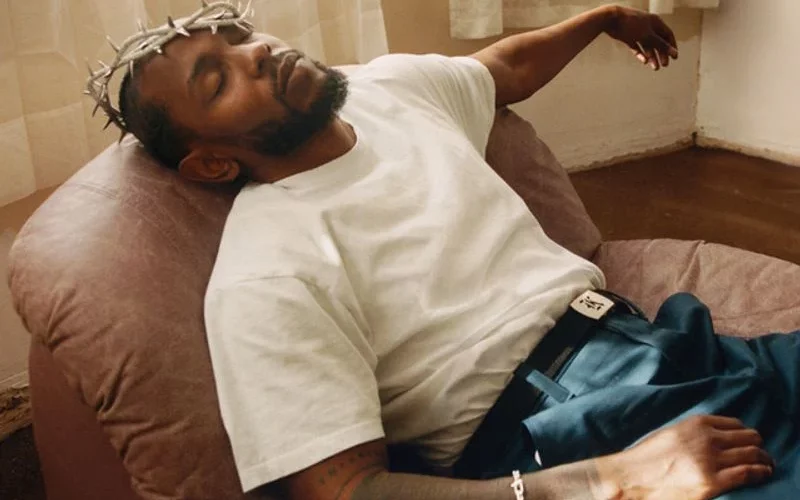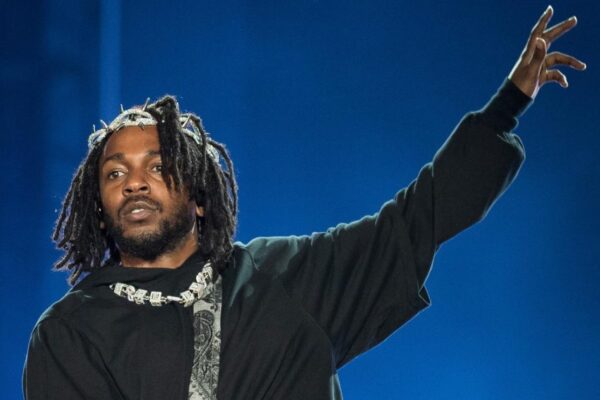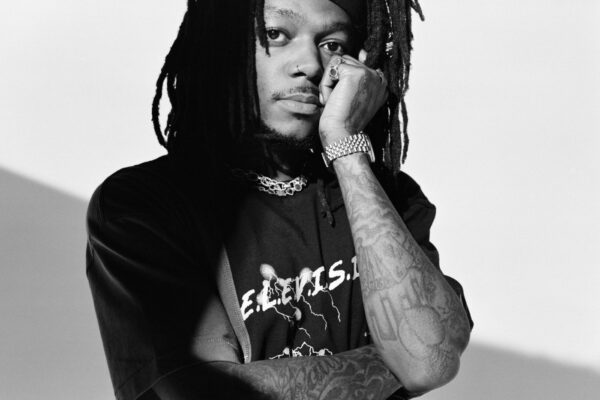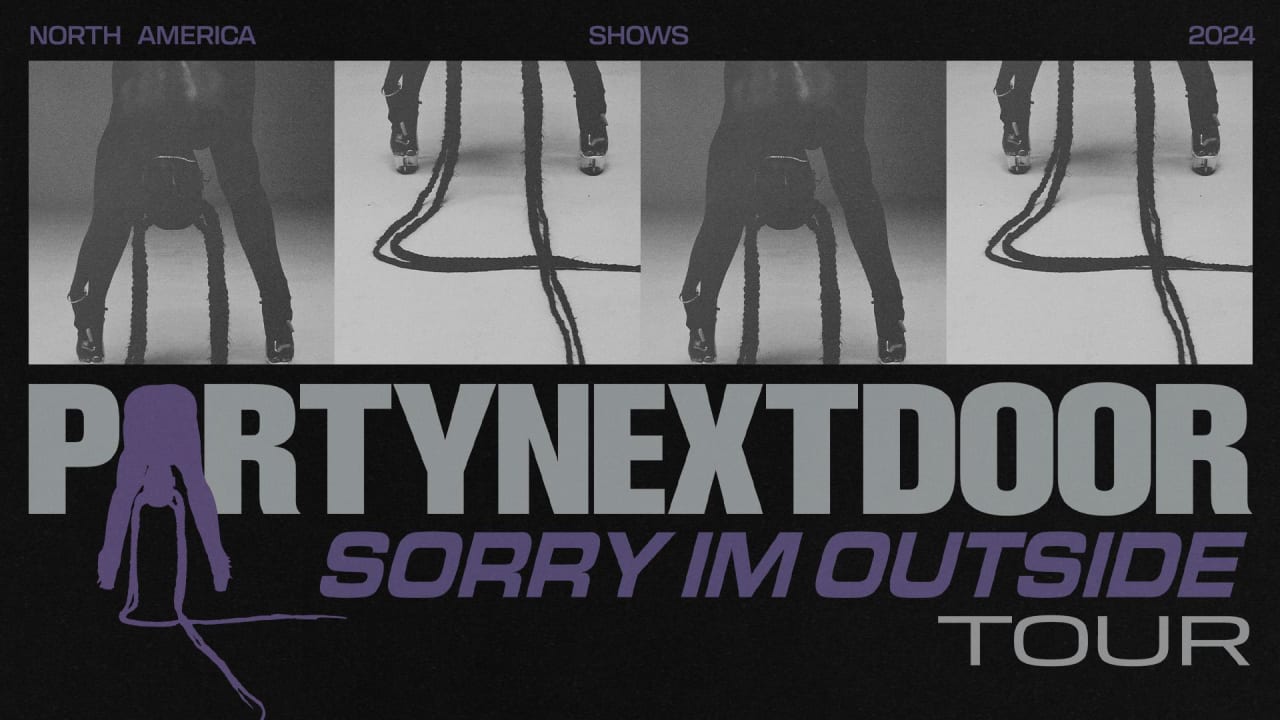Kendrick Lamar new album shuffles through grief, societal issues
The Kendrick Lamar new album, Mr. Morale and the Big Steppers, is his last with Top Dawg Entertainment. He leaves the label on a note that is honest, personal and oftentimes hard to listen to. The double album touches on grief, cancel culture, and deep rooted familial grief. It feels almost like a therapy session, with Kendrick asking unqualified fans to dig through his issues.
2017 album Damn was powerful, semi-commercial and beautifully coherent. To Pimp a Butterfly was raw, outspoken and revolutionary. A week before the release, Kendrick took on the identity of Kanye West, Kobe Bryant, and others on single The Heart Part 5.
Even so, this new work is different: dark, poignant and alternative. Kendrick’s priority here is not another Pulitzer prize. Not commercial success. Mr. Morale is a project meant to shed the industry skin, and reveal a scarred heart that is healing from life’s traumas.
Despite our lack of psychology credentials, Mr. Morale and the Big Steppers is a unique opportunity to pick through the thoughts of one of hip hop’s pure geniuses. Lamar raps with purpose, masked clarity, and raw emotion. With family issues at the forefront, it is no wonder Kendrick often employs the talents of cousin Baby Keem. Keem co-produced hits N95 and Die Hard while lending his vocal talents on Savior and its interlude.
New Album, Old Wounds
2021’s Family Ties introduced the world to Keem and Kendrick’s familial chemistry. Consequently , Mr. Morale and the Big Steppers shows the true weight Kendrick puts on it. The crown jewel in this respect is track five, Father Time which features London singer Sampha. In it, Kendrick explores the examples of tough love from his father, and the long-term effects those can have.
He shares: “A child that grew accustomed, jumping up when I scraped my knee/’Cause if I cried about it, he’d surely tell me not to be weak/Daddy issues, hid my emotions, never expressed myself/Man should never show feelings, being sensitive never helped.”
Kendrick is able to move from the specific details of his relationship with his father to the universal. His verses speak to experiences many men have shared. Our fathers taught us not to show weakness, never to embrace emotion. Father Time simply and effectively recounts these experiences in a fashion that resonates with truth, and palpable emotion.

The Verdict
The crown of thorns on the cover of Mr. Morale is no mistake. Kendrick shows that he carries guilt. Moreover, its burden extends far beyond his suffering at the hand of his father. Auntie Diaries is a great example, where Kendrick shares the stories of two transgender individuals in his life. He uses their story to criticize his response at the time, and society’s on a whole. He repeatedly uses a LGBTQ slur to drive home his point, comparing the use of that F word to the time a white fan used the N word on stage with him.
Nearly every song on the album follows this formula – pinpoint a true societal issue, provide specific examples from Kendrick’s past, and present them in a way that challenges the way we see the world. United in Grief, We Cry Together, Silent Hill and Mother I Sober are especially effective in doing so.
Kendrick has felt real pain since the release of Damn in 2017. His initial vocals tell us as much; “I’ve been going through something/One-thousand eight-hundred and fifty-five days/I’ve been goin’ through somethin’/Be afraid.”
Fear, anxiety, and social stress are amplified, not alleviated by Mr. Morale. It is not a feel-good body of work, or self-healing (for anyone but Kendrick maybe.) But there is true power in discomfort. In short, Kendrick challenges his listeners to embrace that.
Subscribe to Today’s Hip Hop for more on the latest drops, and be sure to stream the Kendrick Lamar new album today.


















2 thoughts on “Kendrick Lamar New Album: Mr. Morale and the Big Steppers”